Search
Search Results
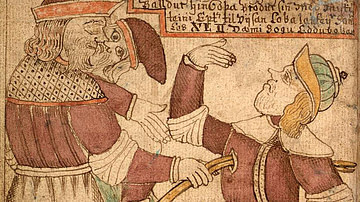
Definition
Baldr
Baldr is a god in Norse mythology associated with light, wisdom, and courage, although he is never specifically defined as the god of any of these. He is best known for his dramatic death, which heralds the coming of Ragnarök, the end of...

Definition
Anaximander
Anaximander of Miletus (l. c. 610 - c. 546 BCE) was one of the early Pre-Socratic Philosophers who lay the foundation for the deveopment of Western Philosophy. He was a student of Thales of Miletus (l. c. 585 BCE), recognized as the first...

Definition
Sumerian Language
The Sumerian language was spoken in southern Mesopotamia before the 2nd millennium BCE and was the first language to be written in the cuneiform script. It is an isolate language meaning we know of no other languages that relate to it ancestrally...
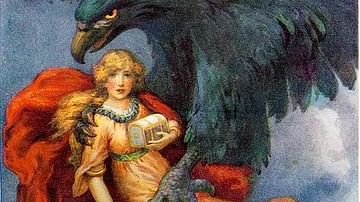
Definition
Idunn
Idunn (pronounced Ih-dune) is a fertility goddess in Norse mythology who holds the apples of eternal youth the gods rely on to remain young and healthy. The Norse gods were not immortal – they just lived very long lives – and the apples of...

Definition
Midgard
Midgard is the realm of human beings in Norse mythology. The Old Norse word garðr literally means an enclosure (yard), and miðr (middle) refers to its position as a circle with both an interior ocean, and an outer ocean beyond which there...

Definition
Dreamtime
Dreamtime (The Dreaming) is the English term used to describe the mythology and spirituality of Indigenous Australians. It is a philosophy, worldview, cosmology, and way of life that explains how the world was created. Although people often...
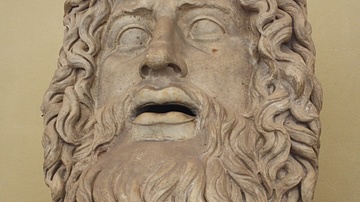
Definition
Titan
In Greek mythology the terrible and powerful Titans were those deities which preceded the Olympian gods. Never worshipped as the other gods, they nevertheless helped, through contrast, to clarify the position in the universe of the Olympian...

Definition
George Berkeley
George Berkeley (1685-1753) was an Anglo-Irish bishop and an empiricist and idealist philosopher. He infamously claimed that no matter exists outside of God and that things only exist outside of our minds and perceptions because God perceives...
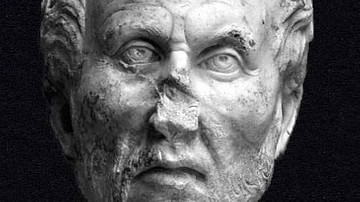
Definition
Plotinus
Plotinus (c. 204-270) was a Platonic philosopher born in Lycopolis, Egypt. Although the story of his life was written down by his student Porphyry, few biographical details are included because Plotinus rejected the physical world of appearances...
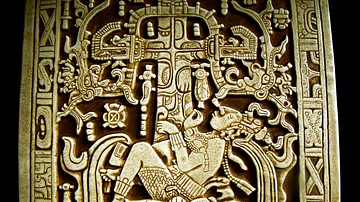
Article
The Mayan Pantheon: The Many Gods of the Maya
The pantheon of the Maya is a vast collection of deities worshipped throughout the regions of Yucatan, Quintana Roo, Campeche, Tabasco, and Chiapas in Mexico and southward through Guatemala, Belize, El Salvador and Honduras. These gods informed...